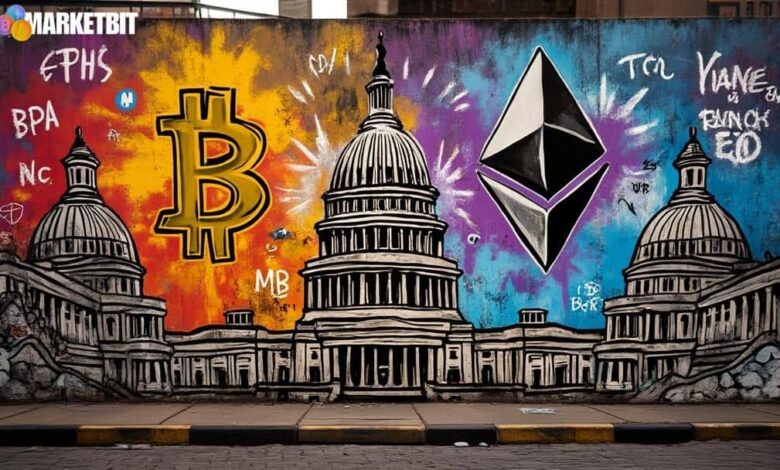Senate Crypto Meetings Signal Partisan Standoff on Legislation

- Partisan tension stalls Senate crypto legislation progress.
- Key executives and policymakers clash over regulations.
- Market uncertainty looms, affecting major cryptocurrencies.
Recent Senate crypto meetings on October 22, 2025, exposed partisan tensions threatening digital asset legislation, leading to a deadlock in negotiations.
This standoff holds significant implications for U.S. regulatory clarity and market stability, stoking uncertainty and potential volatility across major cryptocurrencies like ETH, BTC, and DeFi tokens.
Recent Senate meetings on October 22, 2025 have brought existing partisan tensions into sharp relief, threatening the future of market structure legislation for digital assets. These meetings have been marred by disputes over leaked DeFi language from Democrats.
Key figures such as Senator Kirsten Gillibrand led these discussions, with participation from notable crypto executives, including Brian Armstrong of Coinbase. Their collective involvement highlights the high stakes and significant industry interest.
These tensions have had immediate effects, including a sense of uncertainty among investors and potential impacts on financial markets. This ongoing impasse over digital asset regulation threatens to stall legislation that could clarify industry standards.
The primary political implications stem from a divide between parties, with each side proposing different approaches to regulating the DeFi sector. Financially, this gridlock creates volatility for ETH, BTC, and significant DeFi tokens like UNI and LINK.
Despite these challenges, industry leaders advocate for bipartisan cooperation to unlock legislative progress. An absence of immediate legislation amplifies market uncertainty, as reflected in sentiments from figures like Sergey Nazarov and Summer Mersinger, who stress the need for a unified approach.
“Any durable policy must be bipartisan” – Summer Mersinger, CEO, Blockchain Association
Market trends show that disputes over legislation can cause temporary price volatility in cryptocurrency markets, drawing historical parallels with past regulatory standoffs. The resulting uncertainty often delays necessary financial and technological advancements within the sector.




